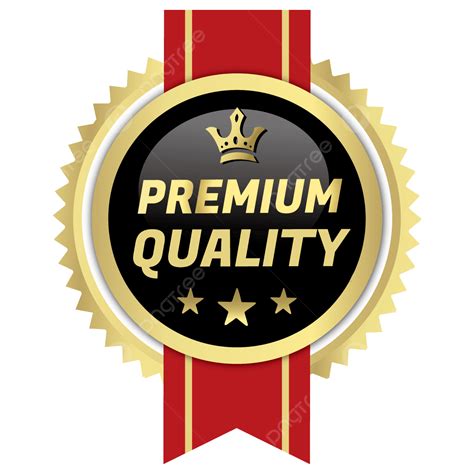Demystifying Premium vs. Regular Fuel
For many drivers, the choice at the gas pump can be a perplexing one: regular or premium? The higher price tag of premium fuel often leads to the assumption that it must be ‘better’ for the car, perhaps offering improved performance or greater engine longevity. However, for the average daily driver, this assumption is often incorrect and can lead to unnecessary expenses. This article aims to cut through the marketing and common myths to help you understand if premium gas is ever a wise investment for your everyday vehicle.

Understanding Octane Rating: What It Really Means
The primary difference between regular (typically 87 octane) and premium (usually 91 or 93 octane) gasoline is the octane rating. Contrary to popular belief, a higher octane rating doesn’t mean more energy, better cleaning properties, or a more powerful fuel. Instead, octane measures a fuel’s resistance to pre-ignition, also known as ‘engine knock’ or ‘pinging’. This phenomenon occurs when the air-fuel mixture ignites prematurely under compression, before the spark plug fires, leading to inefficient combustion and potential engine damage.
Engines with higher compression ratios or forced induction (turbochargers, superchargers) generate more heat and pressure, making them more susceptible to knock. These engines require higher octane fuel to prevent premature ignition.

When Your Car Truly Needs Premium Gas
The simplest and most reliable way to determine if your car needs premium gas is to check your owner’s manual. Manufacturers design engines with specific fuel requirements, and this information is clearly stated. If your manual “recommends” premium fuel, your car is designed to perform optimally with it, but will likely run acceptably on regular. If it “requires” premium fuel, using anything less could lead to reduced performance, decreased fuel economy, and potential long-term engine damage.
Generally, vehicles that require premium fuel are high-performance sports cars, luxury vehicles, and some cars with turbocharged or supercharged engines. These engines often have advanced timing and higher compression ratios that benefit directly from the knock resistance of higher octane fuel.

The Myth of Performance Boost for Regular Cars
If your car’s manufacturer specifies regular 87 octane fuel, using premium 91 or 93 octane fuel will offer no tangible benefits. You won’t get better gas mileage, increased horsepower, or a cleaner engine. Modern vehicles are equipped with sophisticated engine control units (ECUs) and knock sensors. If you put lower-octane fuel in a car designed for premium, the knock sensor will detect pre-ignition and the ECU will adjust the engine timing to prevent damage. This adjustment, however, reduces performance and fuel efficiency.
Conversely, if you put premium fuel in a car designed for regular, the engine simply won’t be able to take advantage of the higher knock resistance. The ECU won’t advance the timing beyond its design limits, rendering the extra octane (and your extra expense) completely moot.

Is It Ever Worth It? The Verdict
For the vast majority of daily drivers whose vehicles are designed to run on regular 87 octane fuel, paying extra for premium gas is a waste of money. The marginal cost difference per gallon adds up significantly over time, with no corresponding benefit in performance, fuel economy, or engine longevity. Always consult your owner’s manual first.
If your car explicitly requires premium fuel, then it is absolutely worth the extra cost to protect your engine and ensure optimal performance. If it recommends premium but permits regular, you might notice a slight, often imperceptible, difference in performance or fuel economy, but weigh that against the added cost. For most, sticking to the recommended regular fuel is the smart, economical choice.





